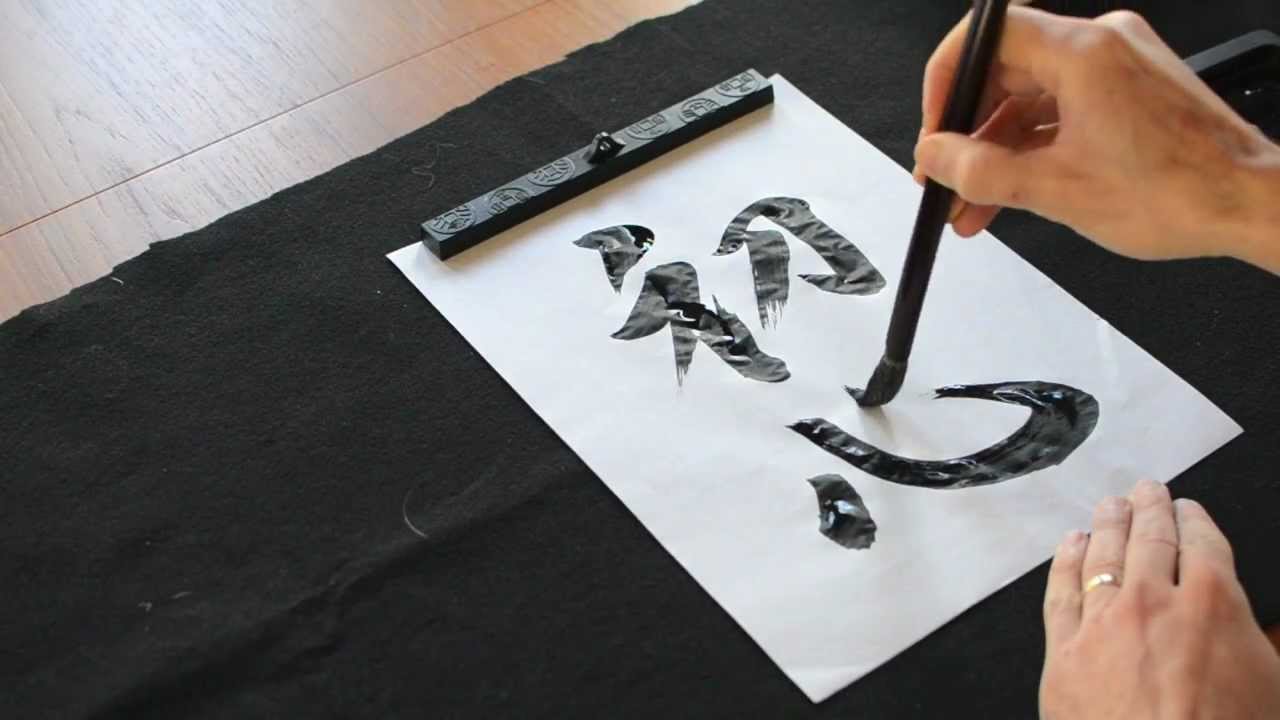“In the beginner’s mind there are many possibilities, in the expert’s mind there are few.” – Shunryū Suzuki

Meet Shoshin!
I’d like to introduce a zen concept that will help you to rediscover your novice mind: Shoshin. Shoshin is a word from Zen Buddhism meaning “beginner’s mind.” Shoshin is a very deep and meaningful philosophy because that can guide us in all aspects of our lives. So let’s take a bit of a deeper dive into this word!
Let’s Imagine…
Imagine that you know nothing and that you need to start learning all over again. Assume that you want to start learning and trying something new: a new language, a musical instrument, or an exercise program. How do you feel trying to learn something new? Think about it. When we are curious about new things, I mean when our novice mind is activated, usually we are willing to learn all the information. We’re very enthusiastic about everything we start first. Shoshin briefly refers to our beginner’s mind: Enthusiastic, willing to learn, curious… But let’s consider the other situation. When we label ourselves as an “expert”, that can be dangerous. But…why? Because when you call yourself an expert, you might think you know everything. And that’s why you might be less open to new information. Shoshin is a concept that’s on the fine line between these two situations. Shoshin is a Zen concept that reminds us that even if you are an expert on whatever subject, you should be enthusiastic and unprejudiced about that subject as if you are always relearning it. According to this concept, whether you are an expert on any subject or not, you need to pay more attention to everything. Even if you’re familiar with 98% of a subject, you have to strive for the remaining 2%.
Tips for Cultivating a Beginner’s Mind
1. No matter how expert you are on a subject, pretend you’re learning for the first time.
“When you are a true beginner, your mind is empty and open. You’re willing to learn and consider all pieces of information, like a child discovering something for the first time.” -James Clear
2. Stop saying “I already know that”.
Forget the labels, assumptions, and stereotypes. According to this philosophy, we should start everything with a beginner’s mind and be open to new perspectives. So, stop calling yourself an expert. Instead, prove it. It’s not what you call yourself that matters. Learning is a continuous process.
3. Talk less, listen more.
Use the phrase “tell me more about that” often and start from a point of ignorance – we all have a lot to learn.*
4. According to James Clear, we have to assume that we are an idiot.
“We are all idiots, but if you have the privilege of knowing that, then you can start to let go of your preconceptions and approach life with a beginner’s mind.”
5. Develop your growth mindset.
Be curious and look at failure as a learning opportunity.
Want to learn more? Watch this Ted Talk: The power of believing that you can improve- Carol Dweck
6. Activate your body mind and senses!
According to “Psyche” Digital Magazine, any activities that invoke in you the emotion of awe (wonder at the enormity and beauty of the world) will increase your feelings of humility, and inspire a more open-minded perspective.*
I think we should immediately start to letting go of our prejudices and labels. We should cultivate our beginner minds. I’m sure that if starting embraced this concept, our mind will turn to the part of producing more benefits than exists.
“The real voyage of discovery consists not in seeking new landscapes, but in having new eyes.”
– Marcel Proust


